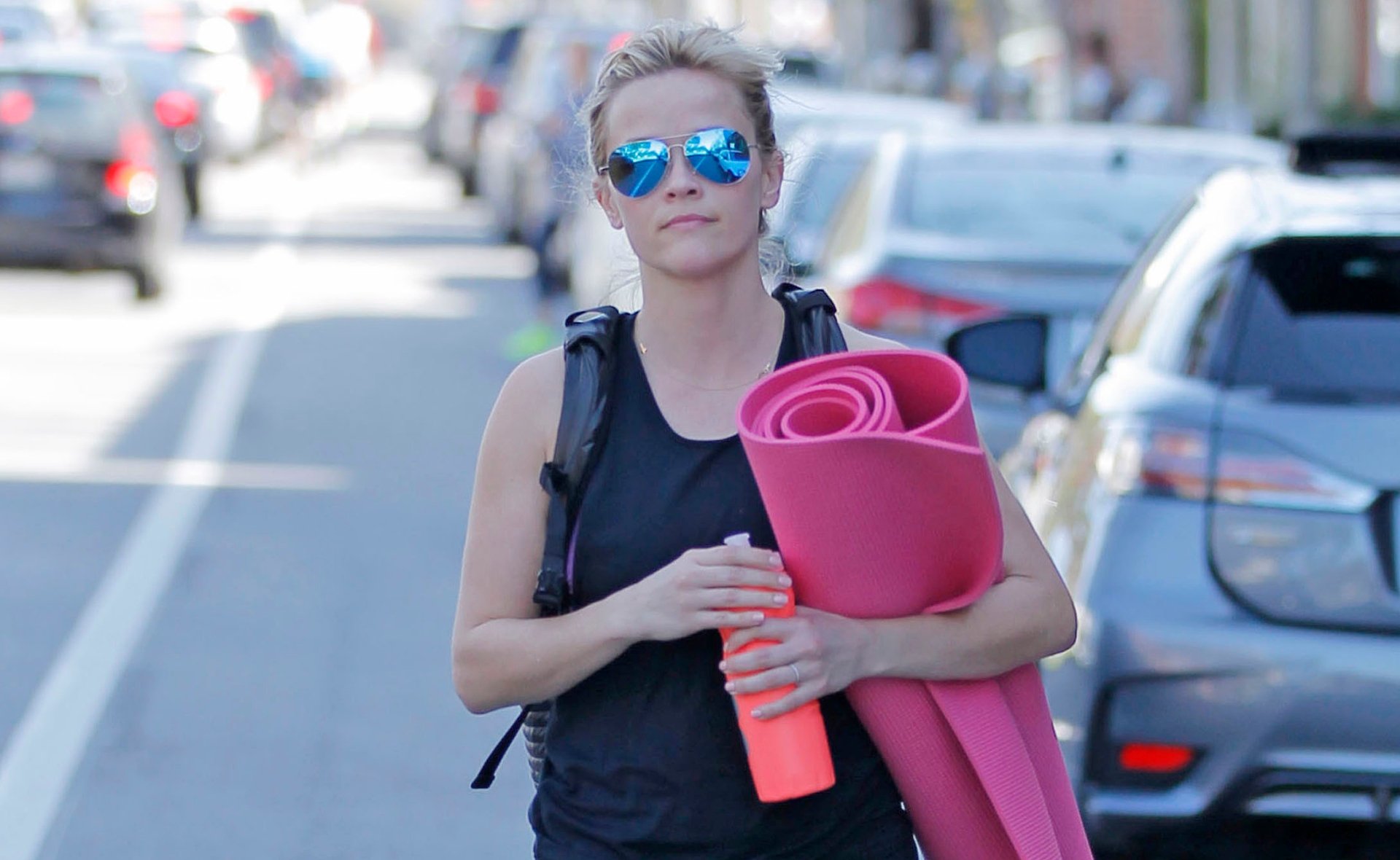There’s nothing nicer than a good night’s sleep. But for 3.5 million Australians it’s a rare experience, due to unhealthy beds, bedrooms and bedtime habits. Try these tips to improve your night’s sleep.
1. Eat to sleep. The amino acid tryptophan, found in milk, turkey, and peanuts, helps your brain produce serotonin, a chemical that makes you relax, so try a bedtime snack of toast with peanut butter. Get your iron levels checked: iron-deficient women are 20 percent more likely to sleep badly.
2. Put your feet up. Facing the wall, lie on your back with your behind about 45cm away from a wall and rest your feet up against it for 15 minutes before bedtime. The blood draining from your legs reduces blood pressure, which slows your heart rate and relaxes you.
3. Nix nightcaps. Alcohol makes you drowsy, but you’ll have broken sleep and wake up needing to visit the toilet. Caffeine, found in tea, coffee, colas, chocolate and painkillers (check labels), ups adrenaline production, making you edgy; so does nicotine.
4. If you’re not asleep in 10 minutes — get up. Go into another room and do something repetitive, like knitting. Once you feel sleepy again, go back to bed.
5. Skip the Sunday lie-in. It disturbs your circadian rhythms (sleeping and waking cycle). A fixed getting-up time makes you nod off at the same time each night.
6. Use your bed only for sleeping and sex. Watching TV or using a laptop weakens the association between bed and sleep. Talking is okay — but save your whinge about work or concerns about kids for another time.
7. Get busy. Speaking of sex, endorphins — hormones which encourage deep sleep — are released by sexual stimulation.
8. Sip a herbal soother, such as chamomile or passionflower tea. A Swiss study has found that valerian tablets reduce dropping-off time by more than 30 percent. Sprinkle lavender oil, a natural sedative, on your pillow.
9. Say no to night-lights. An American study has found that children who sleep in a dimly-lit room are more likely to develop short-sightedness. Periods of darkness are important for eye development. If you do wake, don’t turn on the light: even 15 minutes of light disrupts production of the sleep-inducing hormone melatonin.
10. Leave the flowers in the lounge. During the day, flowers release oxygen into the air. However, at night they give off carbon dioxide which makes your bedroom stuffy.
11. Super-size your bed. An English study has found that the average couple kick each other 30 times a night. Buying a bigger bed equals less disruption.
12. Put your bed-head against a wall. Feng shui experts say this makes you feel more secure.
13. Prime your position. Lie in a way that supports the natural curves of your spine — for most of us, that’s on your side, with your head on a pillow. Avoid sleeping on your back — it interferes with breathing and causes snoring. Sleeping on your stomach cramps neck muscles.
14. Get a grip. Write down everything that’s on your mind and promise yourself you will deal with it in the morning. Nightmares? Write down a new dream with a happier outcome and run it through your mind’s eye. When you go back to sleep, this should replace the nightmare.
15. Move along. Californian researchers have found that exercising 20 minutes every other afternoon halved the time insomniacs in sedentary jobs needed to fall asleep. Exercise three hours before bed, or the adrenaline it releases may keep you awake.




